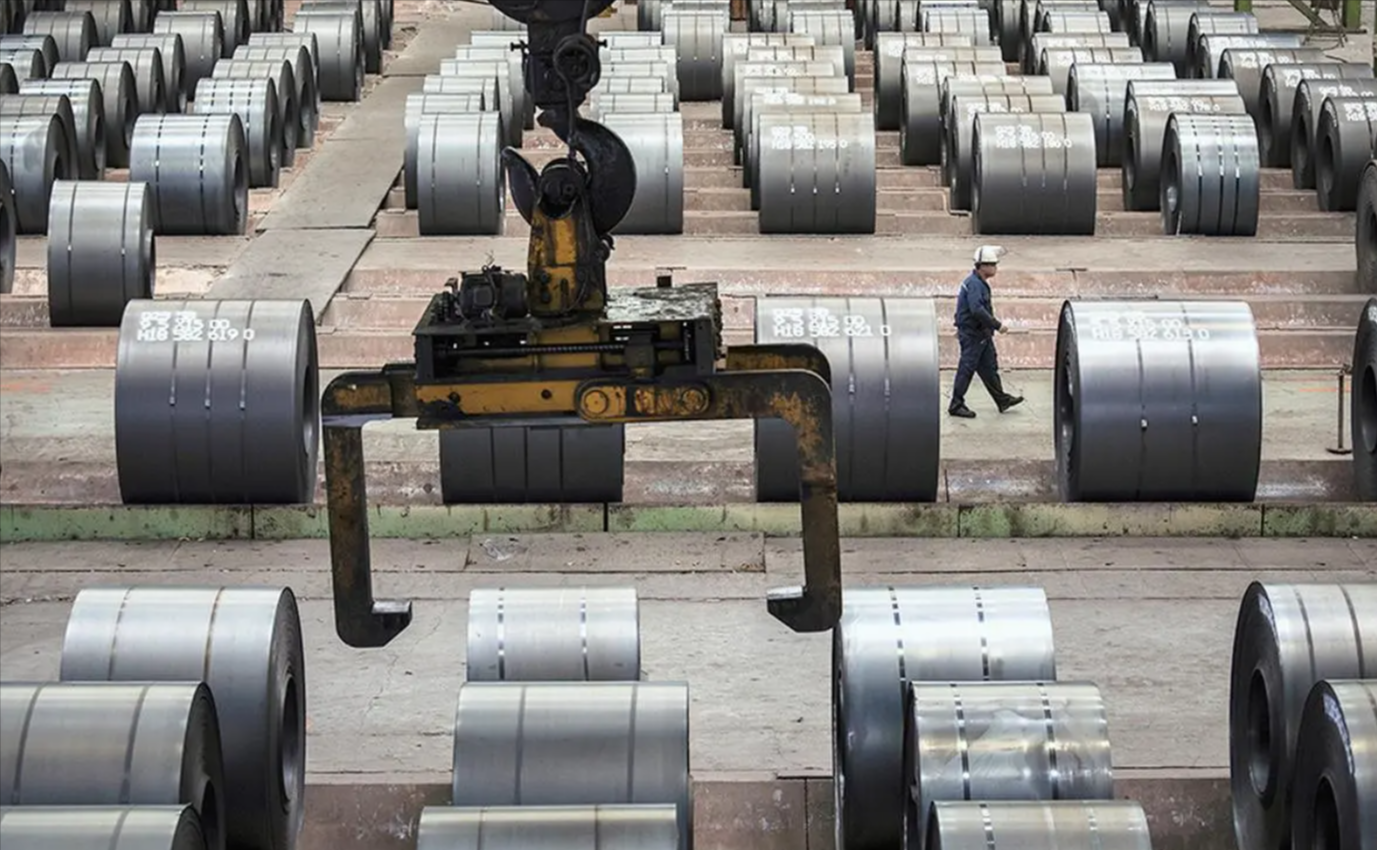
Selections of steel imports face a 12% provisional safeguard duty from the Government of India starting on April 21, 2025 as protection for domestic steel producers. The Indian government established the 12% provisional safeguard duty to fight against growing steel imports coming from China, South Korea and Japan that sold their products below local prices. A 12% temporary safeguard duty exists for 200 days and applies to hot-rolled and cold-rolled steel products among others.
Context:
-
India established a 12% safeguard duty to defend its domestic steel industry during the implementation period of April 21, 2025.
-
A large number of cheap steel products entering from China, South Korea, and Japan has caused injuries to the Indian steel manufacturers prompting the tariff measure.
-
The 12% safeguard duty targets non-alloy and alloy steel flat products and it remains in effect for 200 days due to ongoing evaluation.
-
Steel giants like Tata Steel and JSW Steel support the duty which the Indian industry has implemented.
Why the Duty?
-
The imported steel quantities during FY 2024–25 reached their highest levels in ten years at approximately 9.5 million metric tons.
-
China, South Korea and Japan dump their steel products through unfair pricing to inflict major damage against India's steel industry.
-
The market analysis performed by DGTR showed that discount imports from below-cost had distorted the market conditions.
-
During the second year in a row India switched to being a steel import nation.
Key Details:
-
Duty Rate: 12% (Provisional, 200 days)
-
Applicable to:
-
Hot-rolled & cold-rolled coils/sheets
-
Metallic & colour-coated steel
-
-
The aim of this measure is to provide immediate assistance for the major steel producing companies in the country including Tata Steel, JSW and SAIL.
Implications:
-
Steel Industry: Boosts domestic firms’ viability, investment, and job security.
-
The infrastructure along with automotive and construction sectors might experience increased expenses because of this alteration.
-
The application of this measure protects steel industries from employee dismissals and job losses throughout the sector and related manufacturing branches.
Trade & Diplomacy:
-
Affected Nations: China, Japan, South Korea – possible diplomatic tension.
-
The safeguard clauses of the WTO allow the implementation of this measure as protection for businesses facing surged imports.
-
After review the possible remedy might be implementing anti-dumping duties coupled with prolonged increased tariffs.
Long-Term Outlook:
-
The initiative assists infrastructure development (Smart Cities and highways as well as housing features).
-
The initiative supports technological modernization which boosts steel sector productivity.
-
Supports ‘Atmanirbhar Bharat’ vision in strategic manufacturing
Conclusion
India has implemented a 12% safeguard duty on steel imports to safeguard its steel industry from hurtful effects of inexpensive imports primarily arising from China and South Korea and Japan. The tariff supports both India’s National Steel Policy goals while preventing market disturbances from unfair pricing strategies in the present.



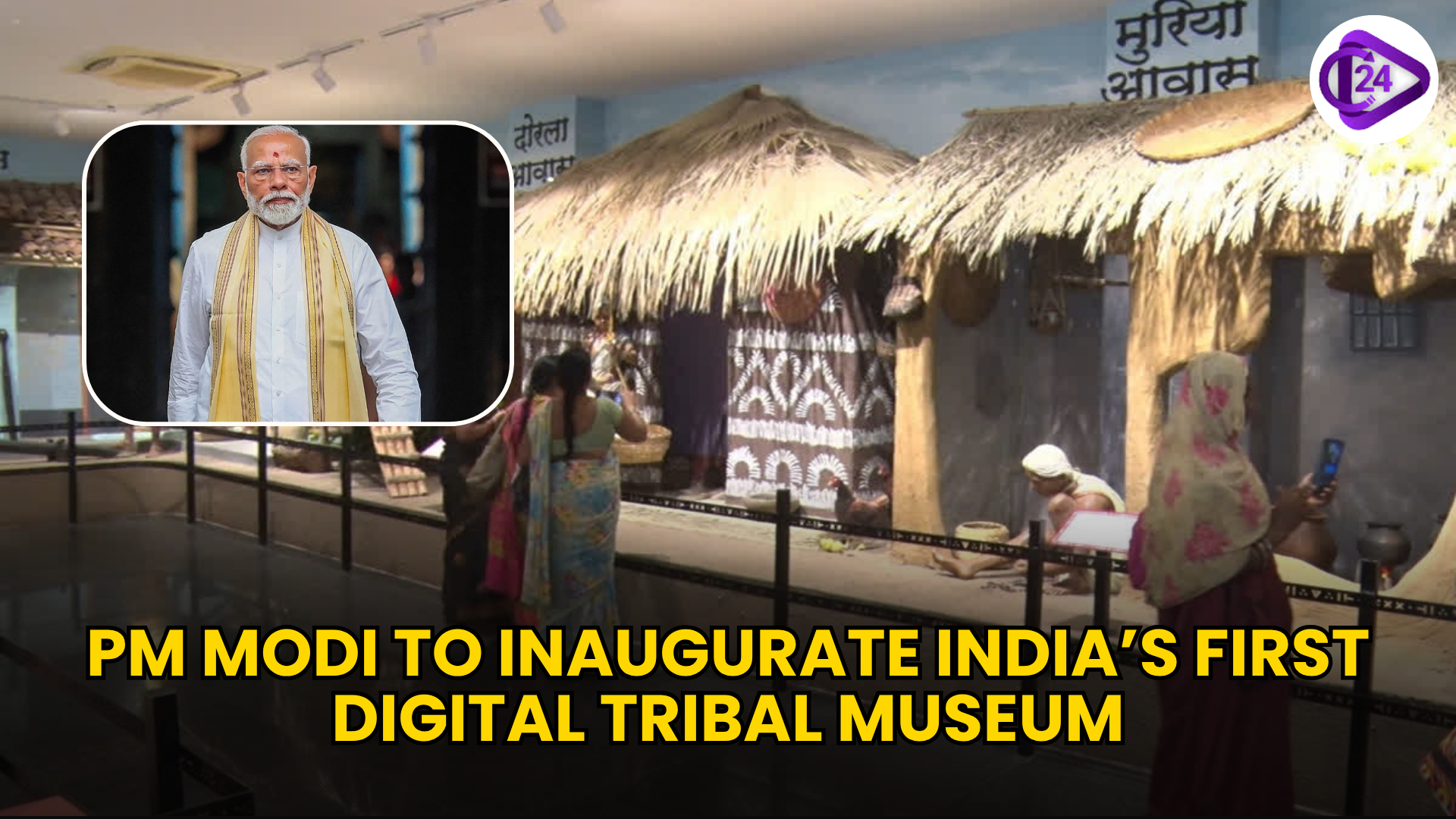 PM Modi to Inaugurate India’s First Digital Tribal Freedom Fighters Museum in Naya Raipur
PM Modi to Inaugurate India’s First Digital Tribal Freedom Fighters Museum in Naya Raipur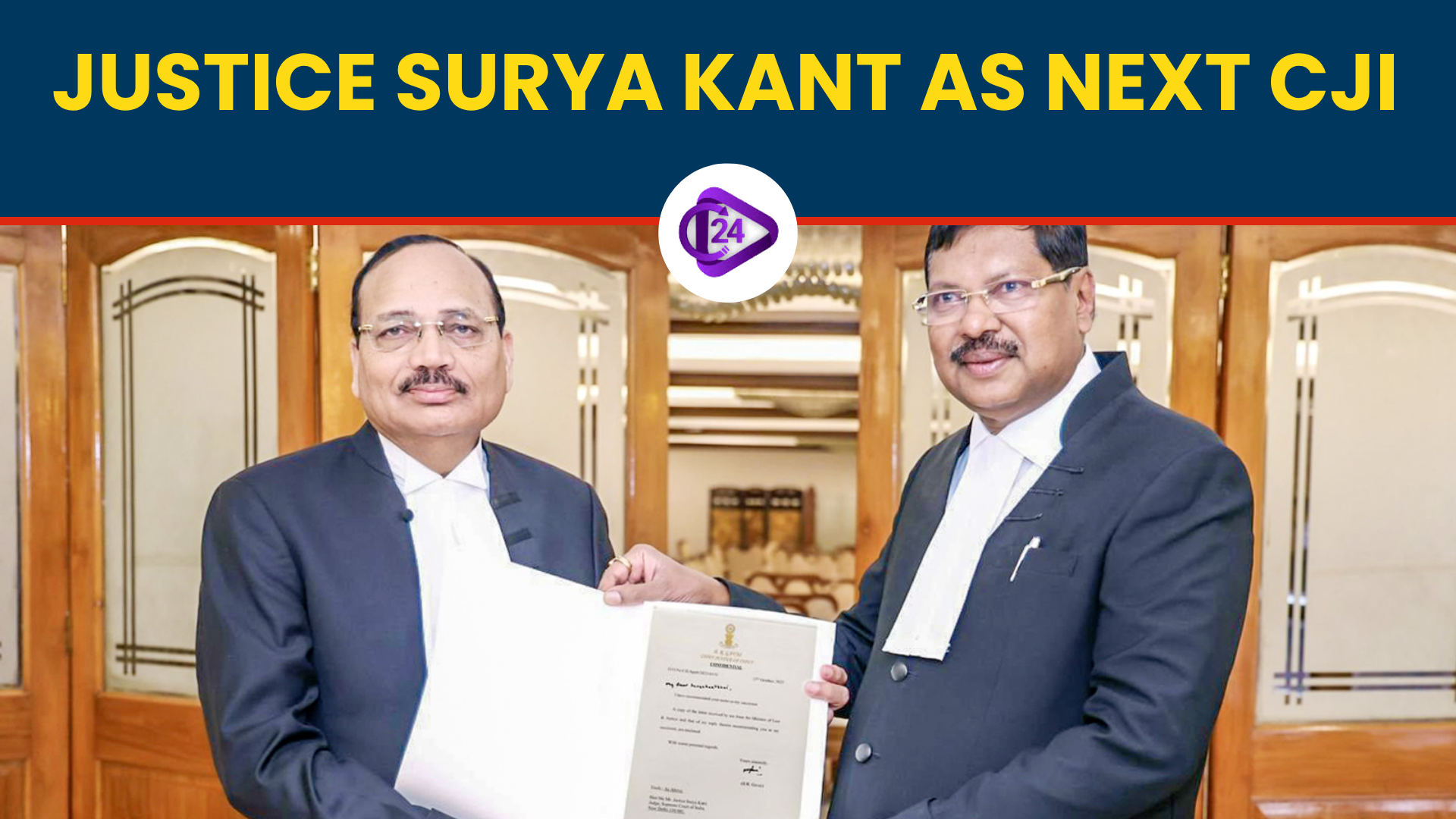 President Appoints Justice Surya Kant as the 53rd Chief Justice of India
President Appoints Justice Surya Kant as the 53rd Chief Justice of India 150th Birth Anniversary of Sardar Vallabhbhai Patel: India Celebrates National Unity Day 2025
150th Birth Anniversary of Sardar Vallabhbhai Patel: India Celebrates National Unity Day 2025 Ministry of Coal Launches Koyla Shakti Smart Analytics Dashboard
Ministry of Coal Launches Koyla Shakti Smart Analytics Dashboard Droupadi Murmu Becomes First Indian President to Fly in Rafale
Droupadi Murmu Becomes First Indian President to Fly in Rafale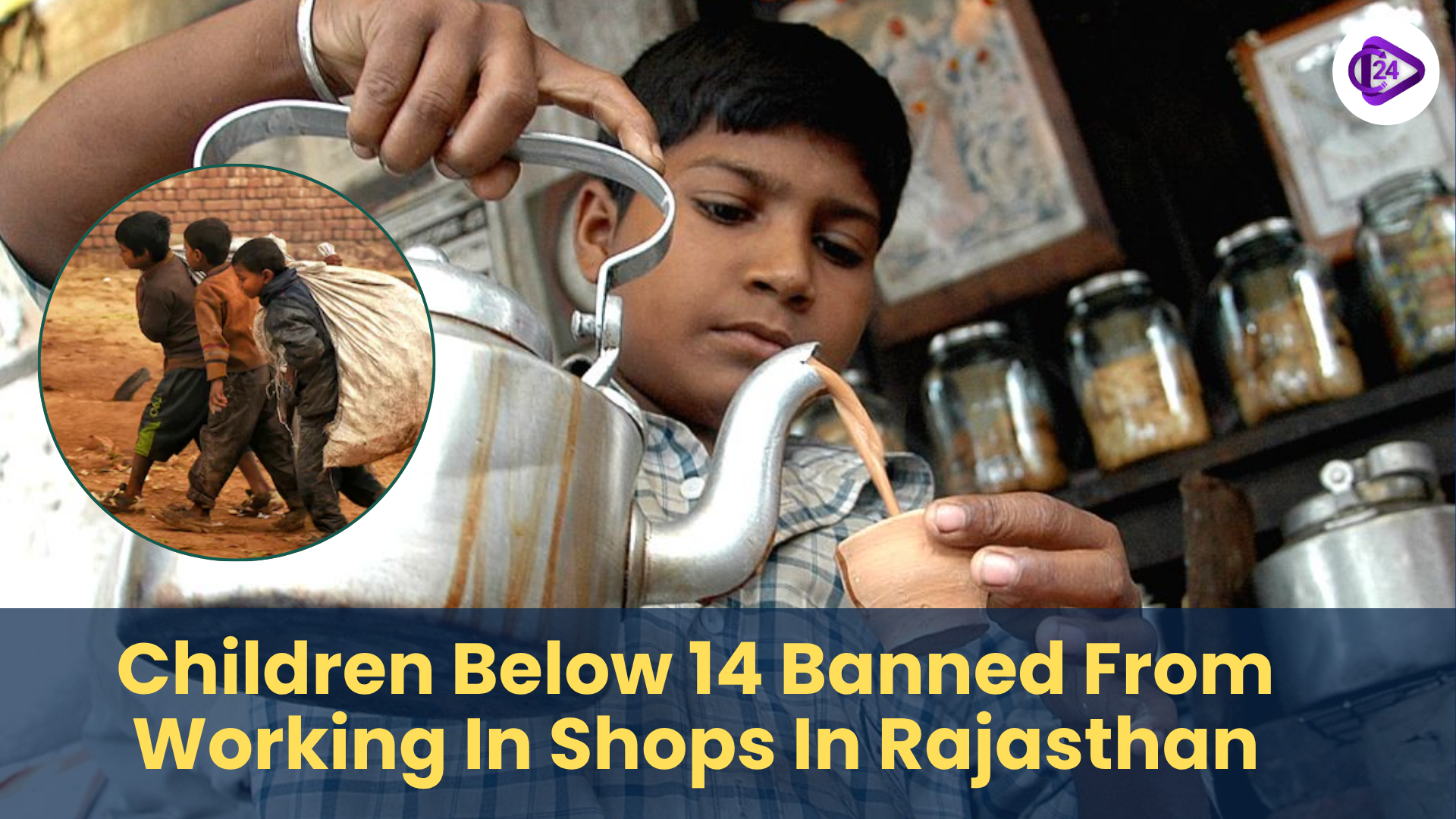 Rajasthan Bans Employment of Children Below 14 in Shops and Commercial Establishments
Rajasthan Bans Employment of Children Below 14 in Shops and Commercial Establishments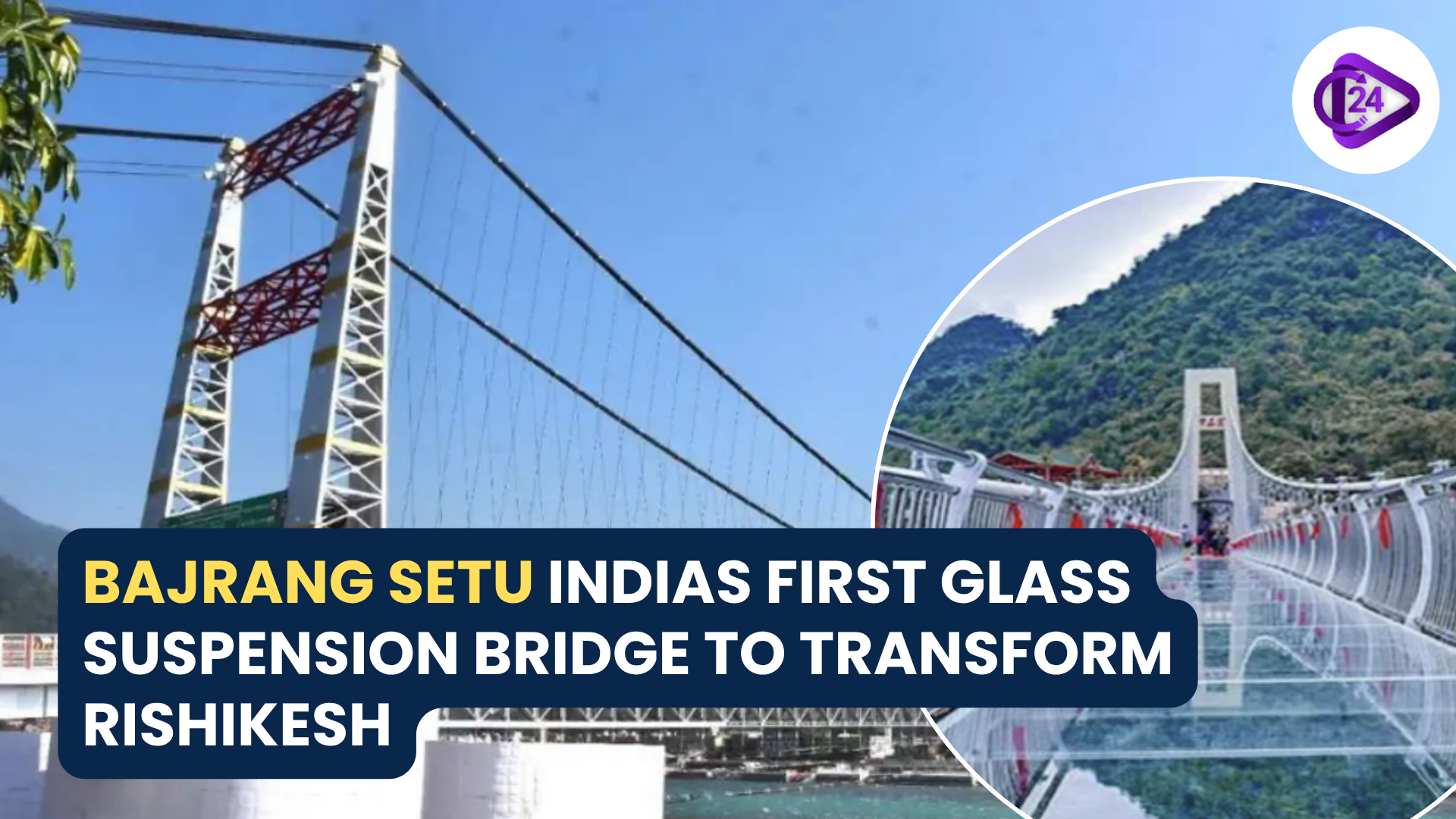 India's First Glass Suspension Bridge, Bajrang Setu, Will Redefine Rishikesh Tourism by 2025
India's First Glass Suspension Bridge, Bajrang Setu, Will Redefine Rishikesh Tourism by 2025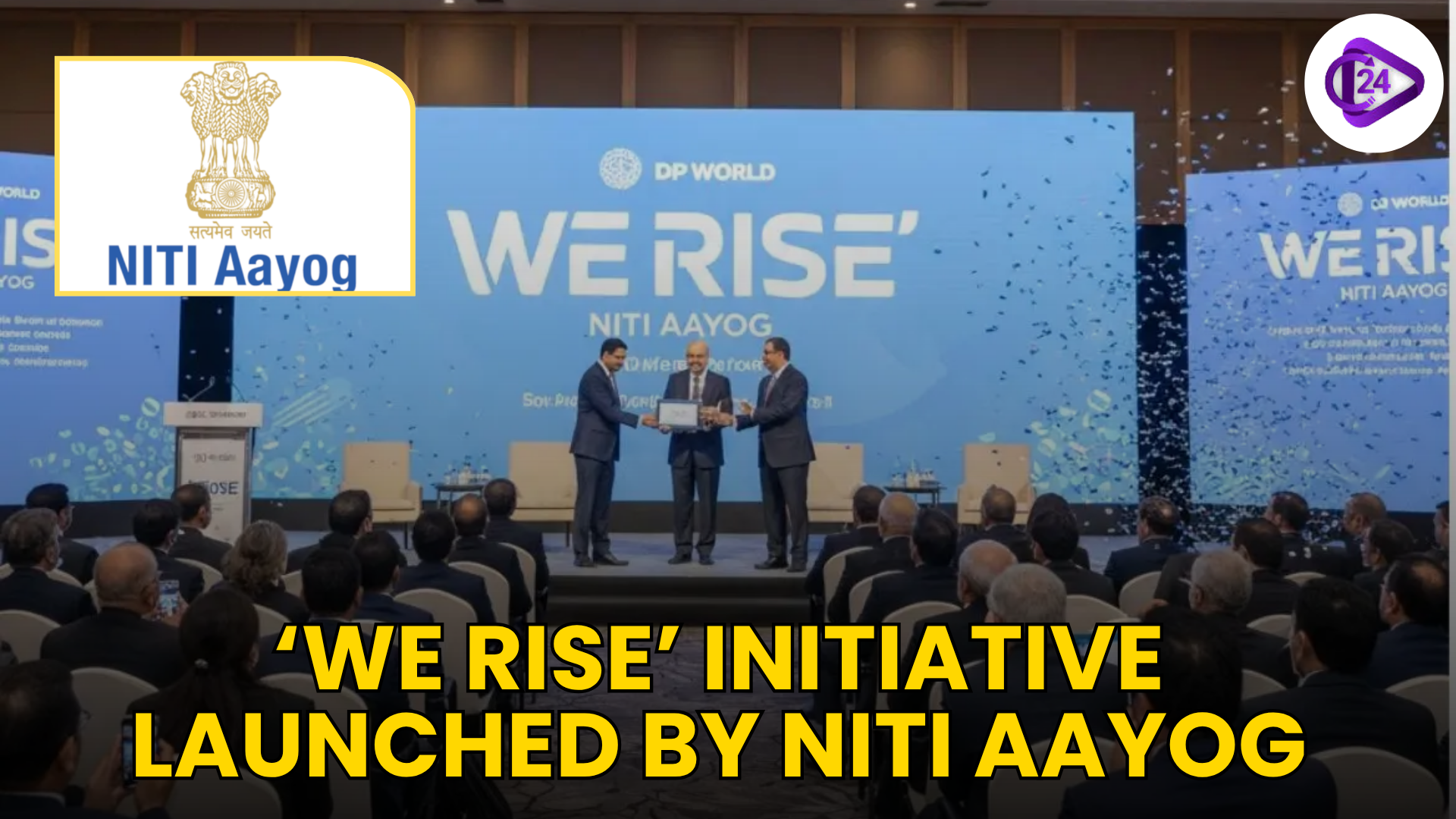 NITI Aayog’s ‘We Rise’ Empowers Women Entrepreneurs
NITI Aayog’s ‘We Rise’ Empowers Women Entrepreneurs Harsh Sanghavi Appointed Gujarat Deputy Chief Minister in Major Cabinet Reshuffle
Harsh Sanghavi Appointed Gujarat Deputy Chief Minister in Major Cabinet Reshuffle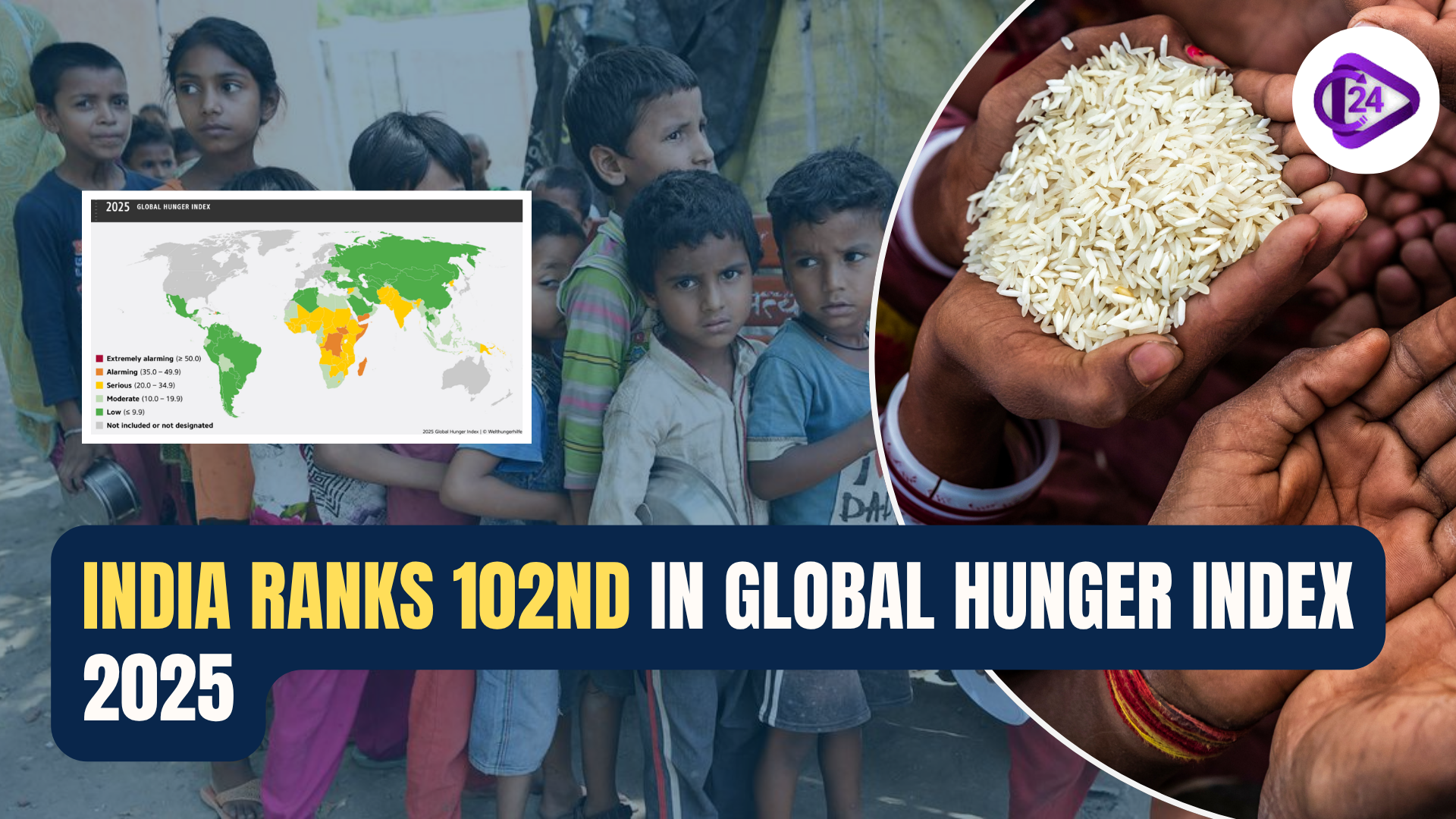 India Ranks 102nd in Global Hunger Index 2025: Hunger Remains a Serious Challenge
India Ranks 102nd in Global Hunger Index 2025: Hunger Remains a Serious Challenge






